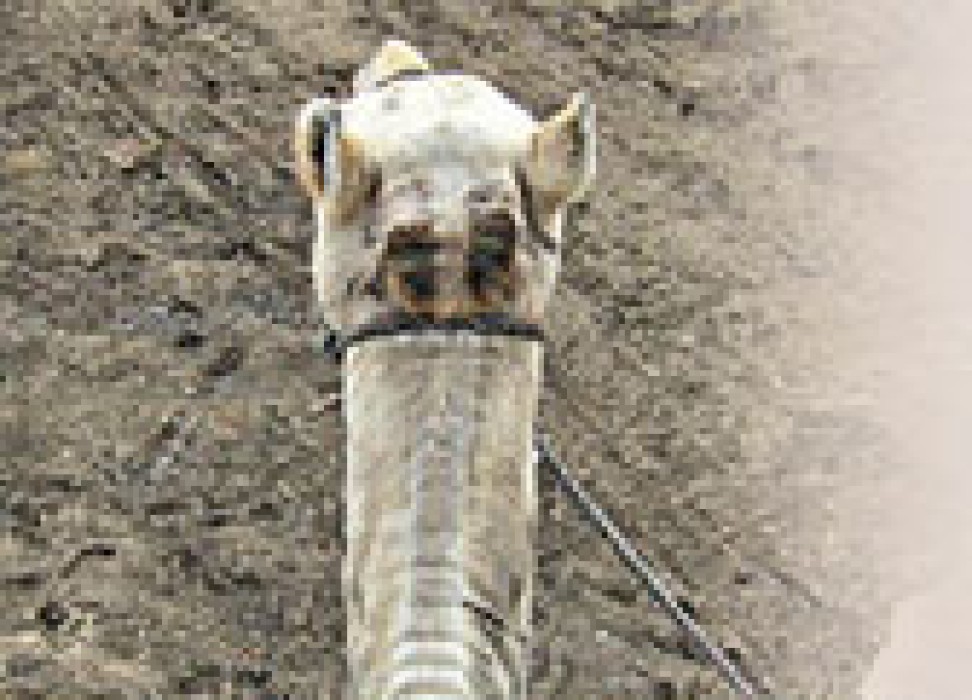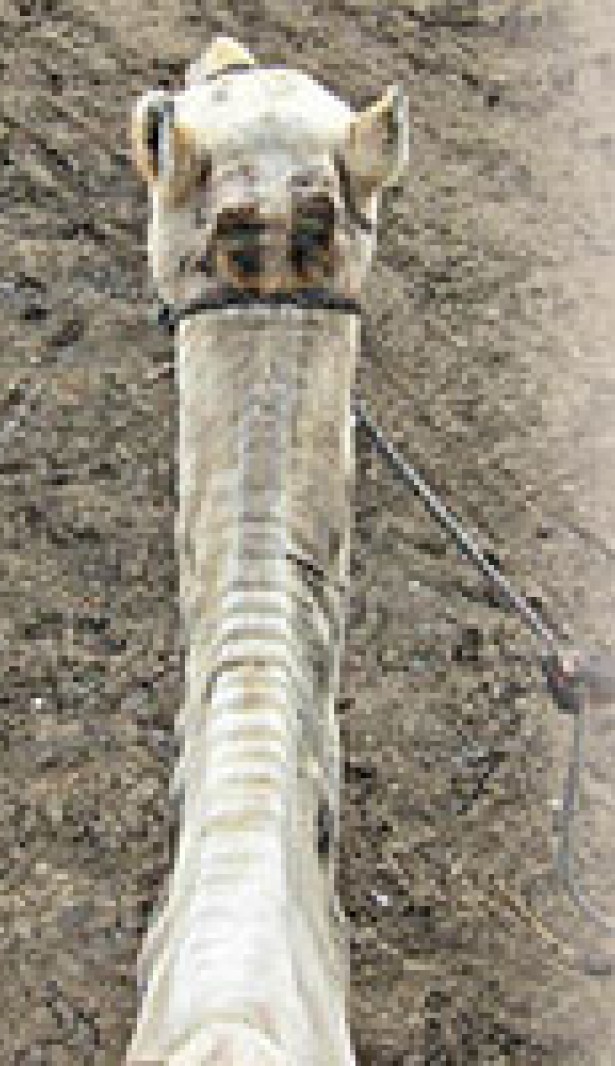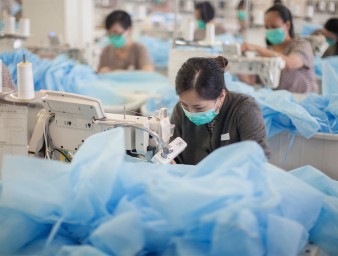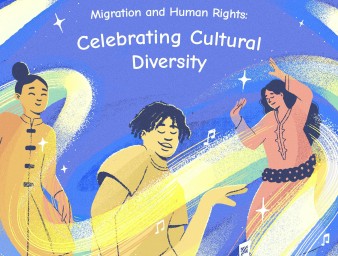Traditional slavery: Said and Yarg’s story
16 January 2015

“When referring to me, everyone would say ‘Said, the slave of this family.’ This hurt me. I questioned why I wasn’t allowed to play football like the other children,” said Said, a victim of inherited slavery in Mauritania.
Said and Yarg, respectively 15 and 13-years-old, were born into slavery. As the property of their master, the boys had no choice but to do as they were told and were frequently subjected to beatings. Said and Yarg spent their days herding camels in the blazing sun and were not allowed to go to school.
In 2011, Said managed to escape from slavery. With the assistance from his aunt and the international human rights organisation Minority Rights Group, together with the local anti-slavery organisation SOS Esclaves, a lawyer was hired—using a grant from the UN Voluntary Trust Fund on Contemporary Forms of Slavery— to sue his former master.
That same year, Said and Yarg’s master was found guilty under Mauritania’s 2007 anti-slavery law, which makes the practice of slavery a criminal offense. It was the first successful prosecution under that law.
Today, Said and Yarg are free to go to school and have a proper childhood. “It is as if I was born again,” said Said. Yarg’s ambition is to be a lawyer so that one day he can defend other victims of slavery.
Read Said and Yarg’s story and others in “The Human Faces of Modern Slavery”.
The UN Voluntary Trust Fund on Contemporary Forms of Slavery is financed by State and other contributions. Established in 1991, the Fund is managed by the UN Human Rights Office, and has awarded several million US dollars in grants to more than 500 organizations worldwide to support projects delivering humanitarian, legal, psychological and social assistance to victims of slavery. A drop in contributions, since the financial crisis is now limiting the number of organizations the Fund is able to support.
In addition to traditional slavery, modern forms of slavery include serfdom, forced labour, debt bondage, the worst forms of child labour, the sale of children, forced and early marriage, the sale of wives and inherited widows, and trafficking in persons for exploitation and sexual slavery.
16 January 2015




